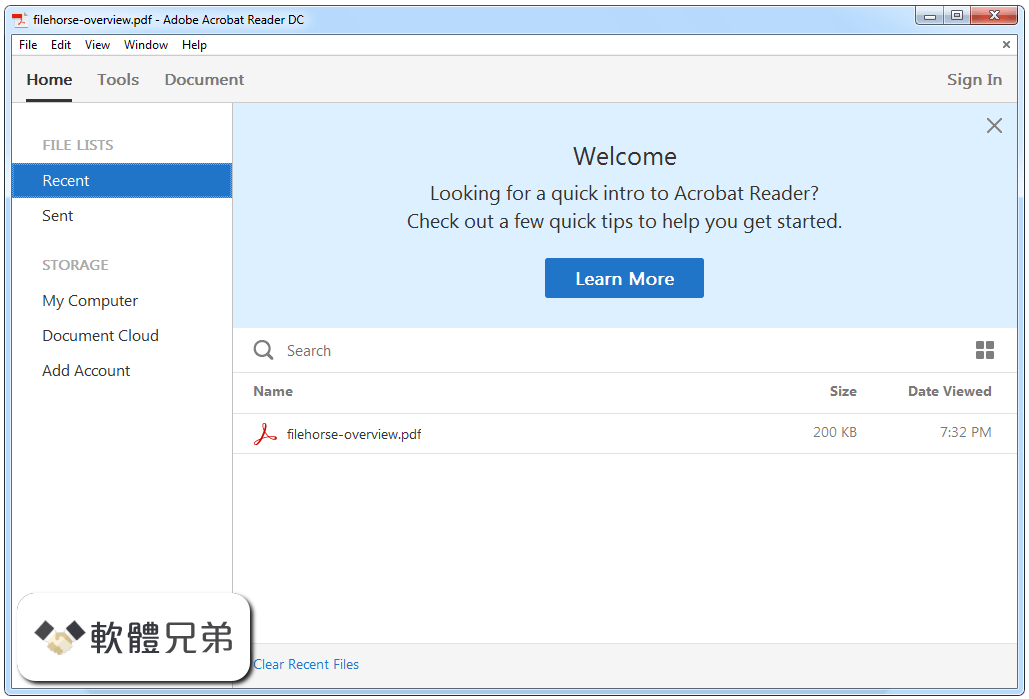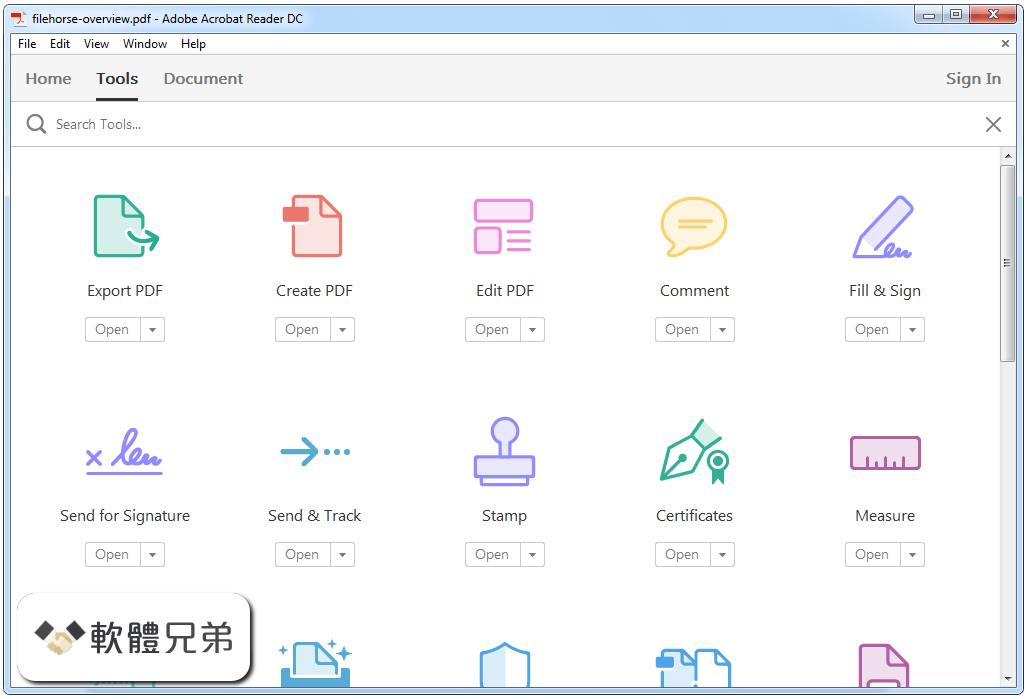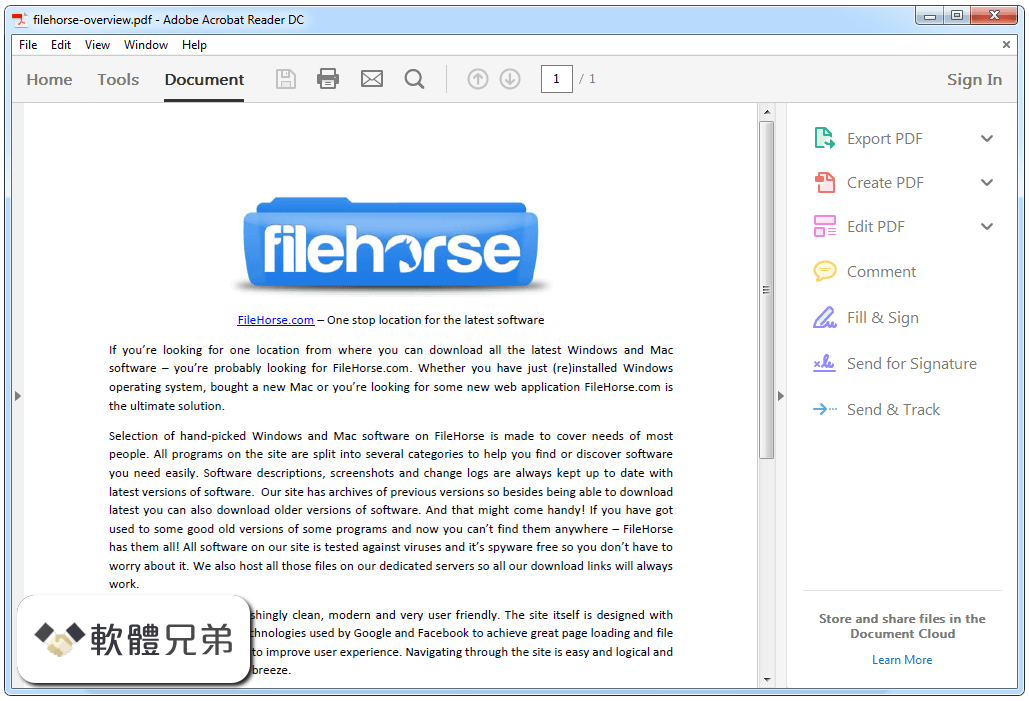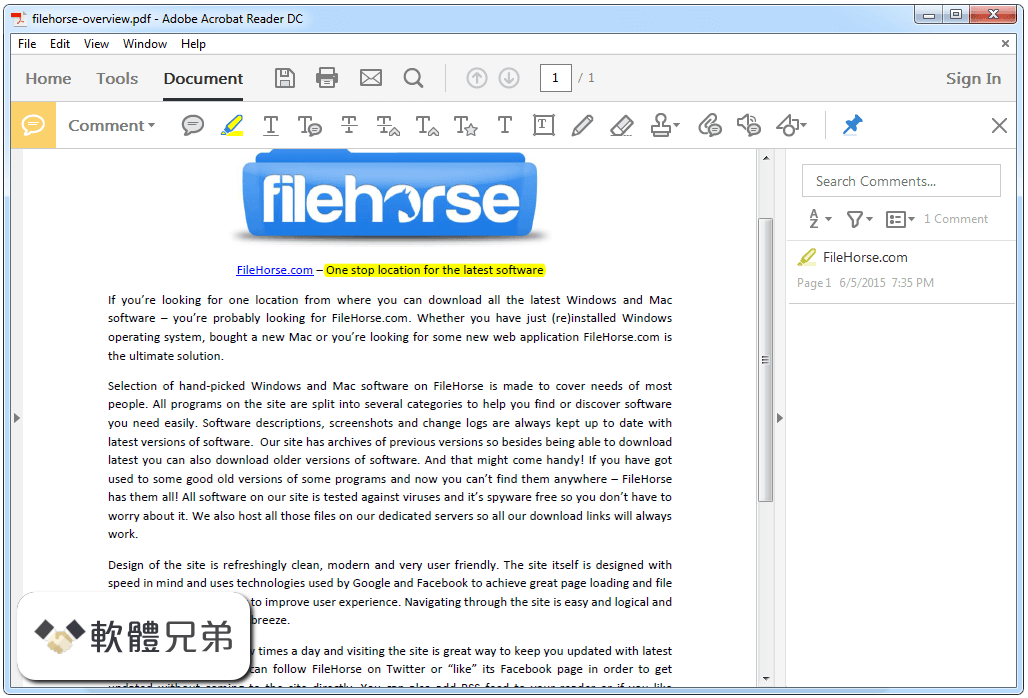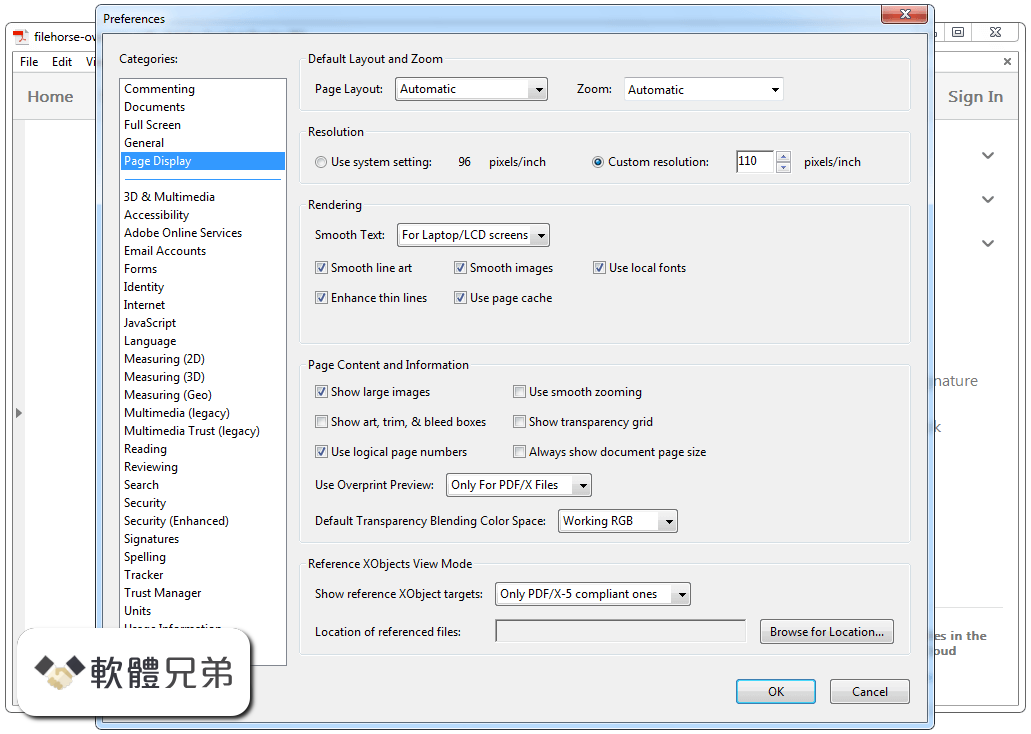|
What's new in this version: New language features:
- Macro calls @foo {...} can now also be written @foo{...} (without the space)
- ⨟ is now parsed as a binary operator with times precedence. It can be entered in the REPL with bbsemi followed by TAB
- ± and ∓ are now unary operators as well, like + or -. Attention has to be paid in macros and matrix constructors, which are whitespace sensitive, because expressions like [a ±b] now get parsed as [a ±(b)] instead of [±(a, b)]
- Passing an identifier x by itself as a keyword argument or named tuple element is equivalent to x=x, implicitly using the name of the variable as the keyword or named tuple field name. Similarly, passing an a.b expression uses b as the keyword or field name
- Support for Unicode 13.0.0 (via utf8proc 2.5)
- The compiler optimization level can now be set per-module using the experimental macro [email protected] n. For code that is not performance-critical, setting this to 0 or 1 can provide significant latency improvements
Language changes:
- The interactive REPL now uses "soft scope" for top-level expressions: an assignment inside a scope block such as a for loop automatically assigns to a global variable if one has been defined already. This matches the behavior of Julia versions 0.6 and prior, as well as IJulia. Note that this only affects expressions interactively typed or pasted directly into the default REPL (#28789, #33864).
- Outside of the REPL (e.g. in a file), assigning to a variable within a top-level scope block is considered ambiguous if a global variable with the same name exists. A warning is given if that happens, to alert you that the code will work differently than in the REPL. A new command line option --warn-scope controls this warning (#33864).
- Converting arbitrary tuples to NTuple, e.g. convert(NTuple, (1, "")) now gives an error, where it used to be incorrectly allowed. This is because NTuple refers only to homogeneous tuples (this meaning has not changed) (#34272).
- The syntax (;) (which was deprecated in v1.4) now creates an empty named tuple (#30115).
- @inline macro can now be applied to short-form anonymous functions (#34953).
- In triple-quoted string literals, whitespace stripping is now done before processing escape sequences instead of after. For example, the syntax
- """
- an b"""
- used to yield the string " anb", since the single space before b set the indent level. Now the result is "an b", since the space before b is no longer considered to occur at the start of a line. The old behavior is considered a bug (#35001).
- <: and >: can now be broadcasted over arrays with .<: and .>: ([#35085])
- The line number of function definitions is now added by the parser as an additional LineNumberNode at the start of each function body (#35138).
- Statements of the form a' now get lowered to var"'"(a) instead of Base.adjoint(a). This allows for shadowing this function in local scopes, although this is generally discouraged. By default, Base exports var"'" as an alias of Base.adjoint, so custom types should still extend Base.adjoint (#34634).
Compiler/Runtime improvements:
- Immutable structs (including tuples) that contain references can now be allocated on the stack, and allocated inline within arrays and other structs (#33886). This significantly reduces the number of heap allocations in some workloads. Code that requires assumptions about object layout and addresses (usually for interoperability with C or other languages) might need to be updated; for example any object that needs a stable address should be a mutable struct. As a result, Array views no longer allocate ([#34126]).
Command-line option changes:
- Deprecation warnings are no longer shown by default. i.e. if the --depwarn=... flag is not passed it defaults to --depwarn=no. The warnings are printed from tests run by Pkg.test()
- Color now defaults to on when stdout and stderr are TTYs
- -t N, --threads N starts Julia with N threads. This option takes precedence over JULIA_NUM_THREADS. The specified number of threads also propagates to worker processes spawned using the -p/--procs or --machine-file command line arguments. In order to set number of threads for worker processes spawned with addprocs use the exeflags keyword argument, e.g. addprocs(...; exeflags=`--threads 4`)
Multi-threading changes:
- Parts of the multi-threading API are now considered stable, with caveats. This includes all documented identifiers from Base.Threads except the atomic_ operations
- @threads now allows an optional schedule argument. Use @threads :static ... to ensure that the same schedule will be used as in past versions; the default schedule is likely to change in the future
Build system changes:
- The build system now contains a pure-make caching system for expanding expensive operations at the latest possible moment, while still expanding it only once
New library functions:
- Packages can now provide custom hints to help users resolve errors by using the experimental Base.Experimental.register_error_hint function. Packages that define custom exception types can support hints by calling the Base.Experimental.show_error_hints from their showerror method
- The @ccall macro has been added to Base. It is a near drop-in replacement for ccall with more Julia-like syntax. It also wraps the new foreigncall API for varargs of different types, though it lacks the capability to specify an LLVM calling convention
- New functions mergewith and mergewith! supersede merge and merge! with combine argument. They don't have the restriction for combine to be a Function and also provide one-argument method that returns a closure. The old methods of merge and merge! are still available for backward compatibility
- The new isdisjoint function indicates whether two collections are disjoint
- Add function ismutable and deprecate isimmutable to check whether something is mutable
- include now accepts an optional mapexpr first argument to transform the parsed expressions before they are evaluated
- New function bitreverse for reversing the order of bits in a fixed-width integer
- New function bitrotate(x, k) for rotating the bits in a fixed-width integer
- New function contains(haystack, needle) and its one argument partially applied form have been added, it acts like occursin(needle, haystack)
- New function Base.exit_on_sigint is added to control if InterruptException is thrown by Ctrl-C
New library features:
- Function composition now works also on one argument ∘(f) = f
- One argument methods startswith(x) and endswith(x) have been added, returning partially-applied versions of the functions, similar to existing methods like isequal(x)
- isapprox (or ≈) now has a one-argument "curried" method isapprox(x) which returns a function, like isequal (or ==)
- @NamedTuple{key1::Type1, ...} macro for convenient NamedTuple declarations
- Ref{NTuple{N,T}} can be passed to Ptr{T}/Ref{T} ccall signatures
- x::Signed % Unsigned and x::Unsigned % Signed are supported for integer bitstypes
- signed(unsigned_type) is supported for integer bitstypes, unsigned(signed_type) has been supported
- accumulate, cumsum, and cumprod now support Tuple (#34654) and arbitrary iterators
- pop!(collection, key, [default]) now has a method for Vector to remove an element at an arbitrary index
- In splice! with no replacement, values to be removed can now be specified with an arbitrary iterable (instead of a UnitRange)
- The @view and @views macros now support the a[begin] syntax that was introduced in Julia 1.4
- open for files now accepts a keyword argument lock controlling whether file operations will acquire locks for safe multi-threaded access. Setting it to false provides better performance when only one thread will access the file
- The introspection macros (@which, @code_typed, etc.) now work with do-block syntax (#35283) and with dot syntax
- count now accepts the dims keyword
- new in-place count! function similar to sum!
- peek is now exported and accepts a type to peek from a stream
Standard library changes:
- Empty ranges now compare equal, regardless of their startpoint and step
- A 1-d Zip iterator (where Base.IteratorSize is Base.HasShape{1}()) with defined length of n has now also size of (n,) (instead of throwing an error with truncated iterators)
- The @timed macro now returns a NamedTuple
- New supertypes(T) function returns a tuple of all supertypes of T
- Views of builtin ranges are now recomputed ranges (like indexing returns) instead of SubArrays
- Sorting-related functions such as sort that take the keyword arguments lt, rev, order and by now do not discard order if by or lt are passed. In the former case, the order from order is used to compare the values of by(element). In the latter case, any order different from Forward or Reverse will raise an error about the ambiguity.
- close on a file (IOStream) can now throw an exception if an error occurs when trying to flush buffered data to disk
- The large StridedArray Union now has special printing to avoid printing out its entire contents
LinearAlgebra:
- The BLAS submodule now supports the level-2 BLAS subroutine hpmv!
- normalize now supports multidimensional arrays
- lq factorizations can now be used to compute the minimum-norm solution to under-determined systems
- sqrt(::Hermitian) now treats slightly negative eigenvalues as zero for nearly semidefinite matrices, and accepts a new rtol keyword argument for this tolerance
- The BLAS submodule now supports the level-2 BLAS subroutine spmv!
- The BLAS submodule now supports the level-1 BLAS subroutine rot!
- New generic rotate!(x, y, c, s) and reflect!(x, y, c, s) functions
Markdown:
- In docstrings, a level-1 markdown header "Extended help" is now interpreted as a marker dividing "brief help" from "extended help". The REPL help mode only shows the brief help (the content before the "Extended help" header) by default; prepend the expression with '?' (in addition to the one that enters the help mode) to see the full docstring (#25930).
Random:
- randn!(::MersenneTwister, ::Array{Float64}) is faster, and as a result, for a given state of the RNG, the corresponding generated numbers have changed
- rand!(::MersenneTwister, ::Array{Bool}) is faster, and as a result, for a given state of the RNG, the corresponding generated numbers have changed
- A new faster algorithm ("nearly division less") is used for generating random numbers within a range (#29240). As a result, the streams of generated numbers are changed (for ranges, like in rand(1:9), and for collections in general, like in rand([1, 2, 3])). Also, for performance, the undocumented property that, given a seed and a, b of type Int, rand(a:b) produces the same stream on 32 and 64 bits architectures, is dropped.
SparseArrays:
- lu! accepts UmfpackLU as an argument to make use of its symbolic factorization
- The trim keyword argument for the functions fkeep!, tril!, triu!, droptol!,dropzeros! and dropzeros has been removed in favour of always trimming. Calling these with trim=false could result in invalid sparse arrays.
Dates:
- The eps function now accepts TimeType types
- The zero function now accepts TimeType types
Statistics:
Sockets:
- Joining and leaving UDP multicast groups on a UDPSocket is now supported through join_multicast_group() and leave_multicast_group()
Distributed:
- launch_on_machine now supports and parses ipv6 square-bracket notation
Julia Language 1.5.1 (64-bit) 相關參考資料
Chocolatey Software | Julia programming language 1.5.0
Also reported in this tweet: https://twitter.com/fsfarim... FSFarimani • 1 year ago. I tried installing Julia but I get this error: Downloading Julia 64 bit from ...
https://chocolatey.org
Download - Julia language
The official website for the Julia Language. ... In the terminal using the built-in Julia command line using the binaries ... macOS, 10.9+, x86-64 (64-bit), Tier 1.
https://julialang.org
Download Julia Language 1.5.0 - Softpedia
Julia Language - Julia Language is a comprehensive, high-performance dynamic programming language for. runs on: Windows 10 32/64 bit
https://www.softpedia.com
Julia (programming language) - Wikipedia
Julia is a high-level, high-performance, dynamic programming language. While it is a general ... 1.5.1 / 25 August 2020; 1 day ago (2020-08-25) ... All 32-bit x86 processors newer than the i686 are su...
https://en.wikipedia.org
Julia (程式語言) - 維基百科,自由的百科全書 - Wikipedia
docs.julialang.org. [2018-08-15] (英語). ^ Programming Language Network. GitHub. [6 December 2016].
https://zh.wikipedia.org
Julia Downloads (Old releases) - Julia language
Note that these are not actively developed nor maintained anymore. v1.4.2 (May 23, 2020). Windows [help] · 64-bit · 32-bit. macOS ...
https://julialang.org
Julia Language (64-bit) Download (2020 Latest) for Windows ...
Download Julia Language (64-bit) for Windows PC from FileHorse. 100% Safe and Secure ✓ Free Download (32-bit/64-bit) Latest Version 2020.
https://www.filehorse.com
Julia v1.5 Release Notes · The Julia Language
This matches the behavior of Julia versions 0.6 and prior, as well as IJulia. ... New function bitreverse for reversing the order of bits in a fixed-width integer ... MersenneTwister, ::ArrayFloat64})...
https://docs.julialang.org
Platform Specific Instructions for Official Binaries - The Julia ...
Julia is available for Windows 7 and later for both 32 bit and 64 bit versions. We highly recommend running Julia using a modern terminal, such as installing the ...
https://julialang.org
The Julia Programming Language
The official website for the Julia Language. Julia is a language that is fast, dynamic, easy to use, and open source. Click here to learn more.
https://julialang.org
|
